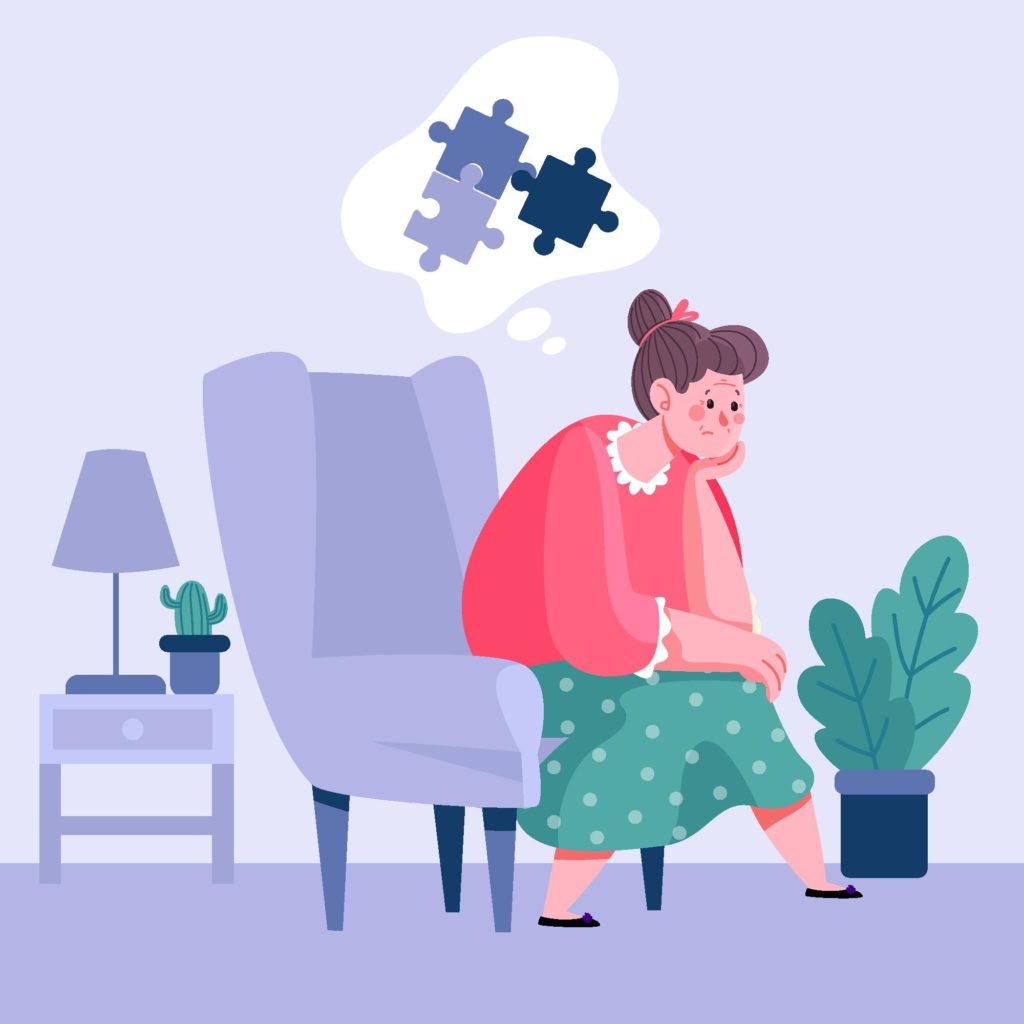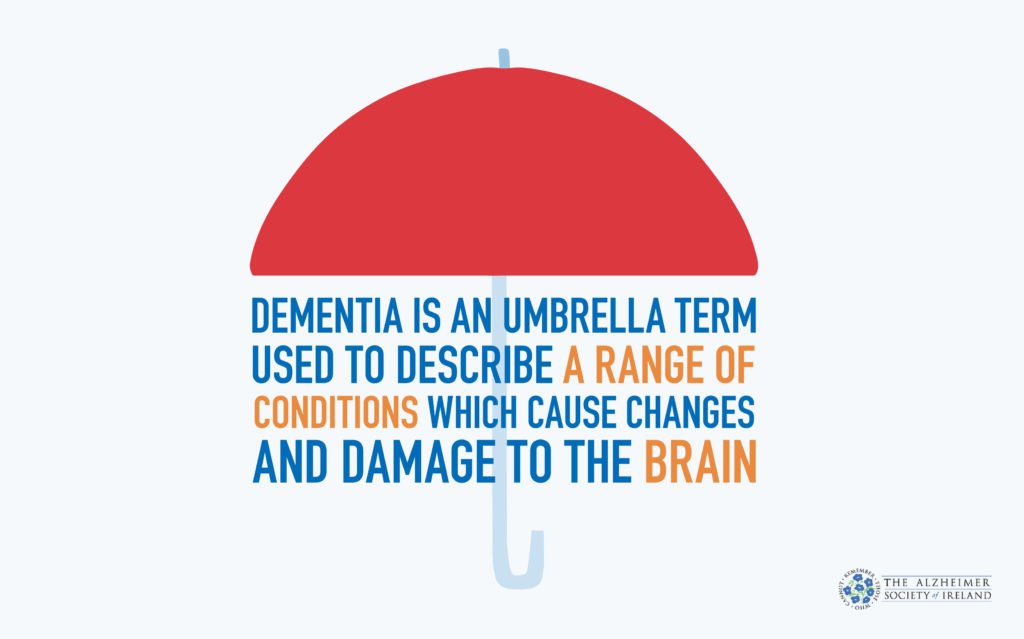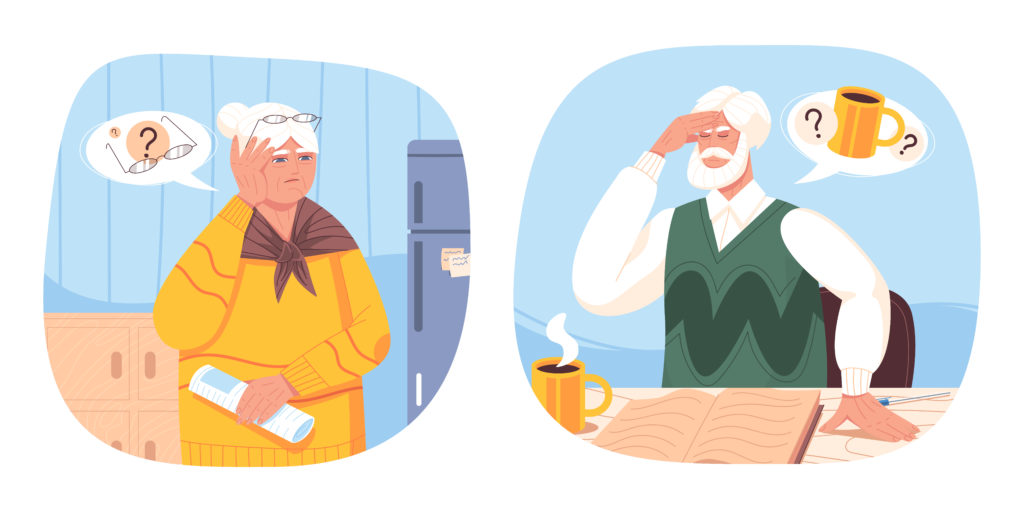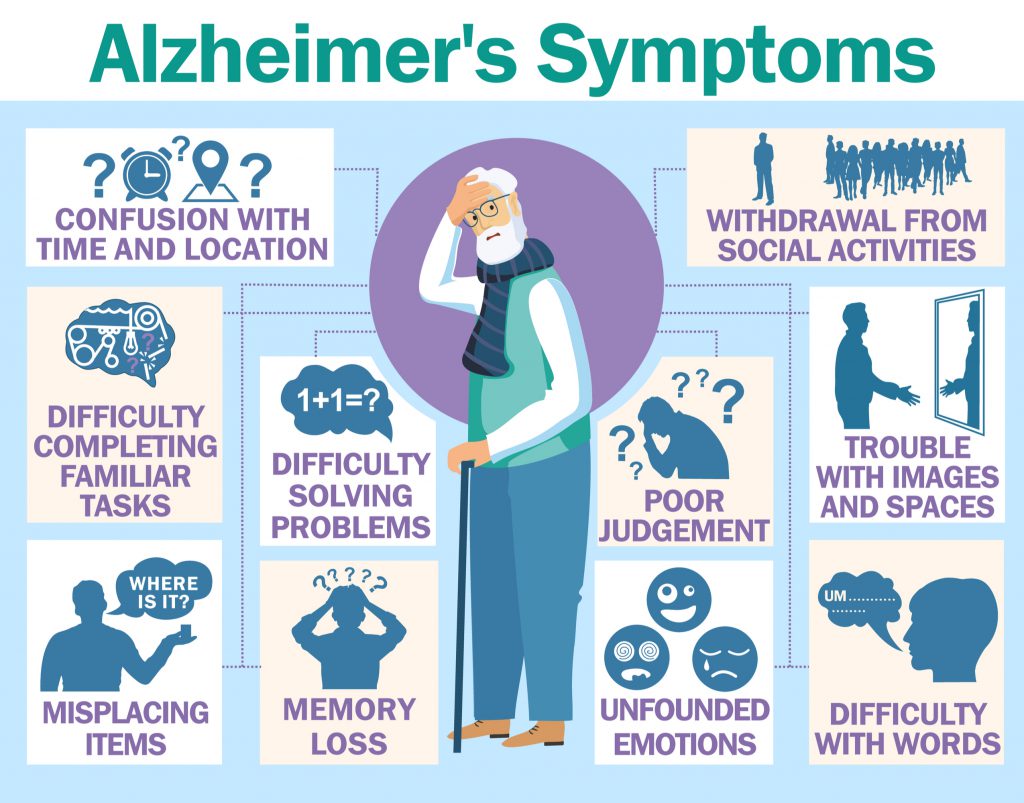National Carers Week
Monday 13th June – Sunday 19th June
Carers Week is all about highlighting and supporting all the work that carers do. This year National Carers Week is in partnership with The Alzheimers Society of Ireland, Acquired Brain Injury Ireland, Care Alliance Ireland, Disability Federation of Ireland, Spina Bifida Hydrocephalus Ireland, CRC (Central Remedial Clinic), Irish Cancer Society, The Irish Hospice Foundation, MS Ireland, St. Michaels House, Jack and Jill and We Love To Talk.
This years tagline is #MakingCaringVisible. So, to celebrate, MyHomeCare has decided to shine the spotlight on just a few of our amazing carers.
Join Our Homecare Team Today
If you would like to join our award-winning homecare team or start your carer in caring contact us today!
Meet Brigid Shearman from Co. Louth
“I discovered a different side to myself! The variety of clients and their needs makes this profession very interesting and humbling”
How long have you worked as a Carer?
I have been working as a Carer for 10 years.
Why did you choose a caring profession?
I was working as a civil servant when my partner was diagnosed with MND and while living through this with him I discovered a different side of myself. I gave him dignity, understanding, and patience. I started to think outside the box, little things like leaving the toothpaste tube slightly open so he wasn’t dependent on me for everything. When he passed away, I made my career change and qualified as a healthcare assistant. I have never looked back.
How long have you been a member of the MyHomecare Team?
Nearly 2 years now.
What do you enjoy most about being a Carer?
What I love about being a carer are the clients. I am a people person and I love putting clients at ease in their own homes. The variety of clients and their needs makes this profession very interesting and humbling.
Do you have any advice for someone who would like a career in care?
Anyone thinking about joining this profession should think long and hard. Don’t do it on a whim. It takes skill, patience, understanding, and great communication to be a carer and to have job satisfaction.
Meet Lisa Brazil from Kilkenny
“Knowing that your time with them makes a huge difference to their day and that they look forward to seeing you is such a great feeling.”
How long have you worked as a Carer?
I have worked in healthcare for 19 years, working in home and residential settings.
Why did you choose a caring profession?
I chose caring as a career as I really enjoy the company of people and the work is so varied.
How long have you been a member of the MyHomecare Team?
Just over two years.
What do you enjoy most about being a Carer?
I enjoy working as a carer for my homecare. I am so lucky to meet such lovely, interesting people. Each day I learn something new.
You build great working relationships when you are supporting people daily. It’s so rewarding for me to be part of enabling people to remain at home and lead an independent life as much as possible and take control over their own care.
Knowing that your time with them makes a huge difference to their day and that they look forward to seeing you is such a great feeling. You support people through all emotions from feeling sad to being there at the saddest times and then the most wonderful happy times. I always feel good at the end of my working day to know I have done my best and have left people happy, comfortable, and safe. I look forward to a new day tomorrow.
Do you have any advice for someone who would like a career in care?
I would say to anyone that enjoys meeting people and thinking of coming into the healthcare profession go for it and give it a try it’s such rewarding work.
Meet Rachel Lawrence from Co. Roscommon
“I love this job as it is so rewarding. I enjoy making a positive difference in my clients’ lives bringing a smile to their faces, and having a laugh.”
How long have you worked as a Carer?
MyHomecare is my first caring job.
Why did you choose a caring profession?
I choose this profession as it was something I enjoyed doing ever since my granny turned ill. That is when I wanted to go further and become a carer.
How long have you been a member of the MyHomecare Team?
10 Months.
What do you enjoy most about being a Carer?
I love this job as it is so rewarding. I enjoy making a positive difference in my clients’ lives bringing a smile to their faces, and having a laugh. I enjoy listening to their stories going for walks, providing care, doing all I can for them, learning something new, and making a positive difference in their lives.
Do you have any advice for someone who would like a career in care?
Homecare is very rewarding as your attention is on one client, you can choose your set hours which offers great flexibility. It would be a great job for anyone who has an interest in starting their carer career as it gives you plenty of experience and you are learning something new every day.
Meet Norma Dalton from Limerick
“I enjoy being a carer, helping your clients to live independently at home and being kind to them.”
How long have you worked as a Carer?
I have worked as a Carer for 19 years.
Why did you choose a caring profession?
I have chosen caring as a profession because I love helping others and making a difference in their life.
How long have you been a member of the MyHomecare Team?
I have been working for MyHomecare for over 3 years.
What do you enjoy most about being a Carer?
I enjoy being a carer, helping your clients to live independently at home and being kind to them.
Do you have any advice for someone who would like a career in care?
My advice for anyone who would like to be a carer, if you have these qualities, being kind, caring, trustworthy, honest, punctual and a good communicator then this is the job for you.
Meet Corina Cojocaru from Co.Dublin
“What I enjoy the most about being a carer is that I can feel and see the difference that is made in my client’s life. That relief and joy are so genuine.”
How long have you worked as a Carer?
I have been working as a carer for over 3 years.
Why did you choose a caring profession?
I didn’t choose this profession more likely it chose me.
How long have you been a member of the MyHomecare Team?
I have been a member of MyHomecare for 7 Months.
What do you enjoy most about being a Carer?
What I enjoy the most about being a carer is that I can feel and see the difference that is made in my client’s life. That relief and joy are so genuine.
Do you have any advice for someone who would like a career in care?
My advice for someone who wants to be a carer would be to treat everyone as if they are part of your family, especially when things are tough, always imagine and treat the patient as if they were part of your family.
Meet Sarah Daly from Co. Dublin
“Caring for people for me comes as second nature, as I’m a mother and have a lot of empathy, so I knew it would be a path I would enjoy.”
How long have you worked as a Carer?
Since last august 2020.
Why did you choose a caring profession?
Caring for people for me comes as second nature, as I’m a mother and have a lot of empathy, so I knew it would be a path I would enjoy.
How long have you been a member of the MyHomecare Team?
Nearly 2 months now.
What do you enjoy most about being a Carer?
Having friendships and feeling that I have done my job to the best of my ability.
Do you have any advice for someone who would like a career in care?
Always be open-minded, you would have to be care giving by nature and a people person.
Thank you to all our amazing Carers and Happy National Carers week!
Visit Carers Week for More!
Check out the Nationwide Events and Stay up to date on all things National Carers week!
Latest Blog Posts

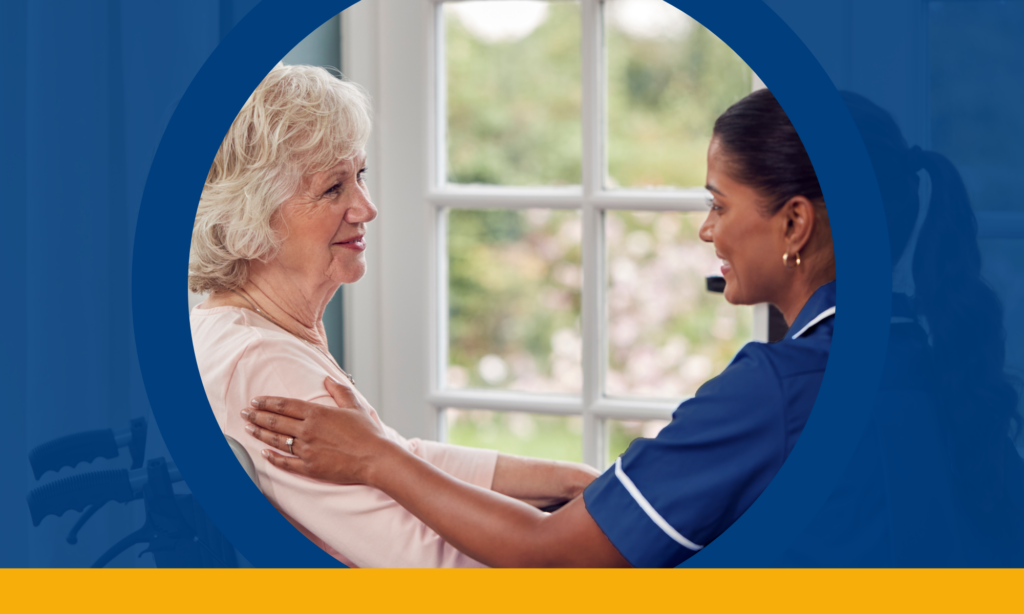
Supporting the Emotional Wellbeing of Homecare Clients
Supporting the Emotional Wellbeing of Homecare Clients In homecare, providing exceptional physical support is essential, but equally important is nurturing and supporting the emotional wellbeing of clients. Caregivers should approach their role…

The Importance of Professional Development for Homecare Workers
The Importance of Professional Development for Homecare Workers As a homecare worker, the broadening of knowledge and skills to better serve clients and build meaningful relationships is seen as a priority. The…

The Benefits of Homecare for People of All Ages
The Benefits of Homecare for People of All Ages Many families are turning to homecare as a way to provide the best possible care instead of sending their loved ones to a…

Assistive Technology and its Role in Homecare
Assistive Technology and its Role in Homecare As homecare needs increase for families and elderly alike, so does the necessity to find solutions to help those being cared for. Assistive technology has…

The Benefits of Homecare for Caregivers
The Benefits of Homecare for Caregivers Caregivers understand the importance of providing quality care for loved ones. Whether caring for an elderly family member or a child with special needs, the benefits…


